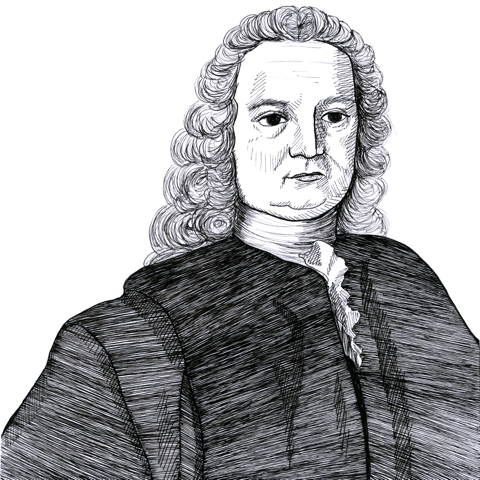
Francis Hutcheson’s early formulation of the principle of “the greatest Happiness for the greatest Numbers” (1726)
Found in: An Inquiry into the Original of Our Ideas of Beauty and Virtue (1726, 2004)
The Scottish moral philosopher Francis Hutcheson (1694-1746) developed an early version of the utilitarian principle of “the greatest Happiness for the greatest Numbers” as a way of calculating the best action to take when faced with alternatives:
Philosophy
In comparing the moral Qualitys of Actions, in order to regulate our Election among various Actions propos’d, or to find which of them has the greatest moral Excellency, we are led by our moral Sense of Virtue to judge thus; that in equal Degrees of Happiness, expected to proceed from the Action, the Virtue is in proportion to the Number of Persons to whom the Happiness shall extend; (and here the Dignity, or moral Importance of Persons, may compensate Numbers) and in equal Numbers, the Virtue is as the Quantity of the Happiness, or natural Good; or that the Virtue is in a compound Ratio of the Quantity of Good, and Number of Enjoyers. In the same manner, the moral Evil, or Vice, is as the Degree of Misery, and Number of Sufferers; so that, that Action is best, which procures∥ the greatest Happiness for the greatest Numbers; and that, worst, which, in like manner, occasions Misery.